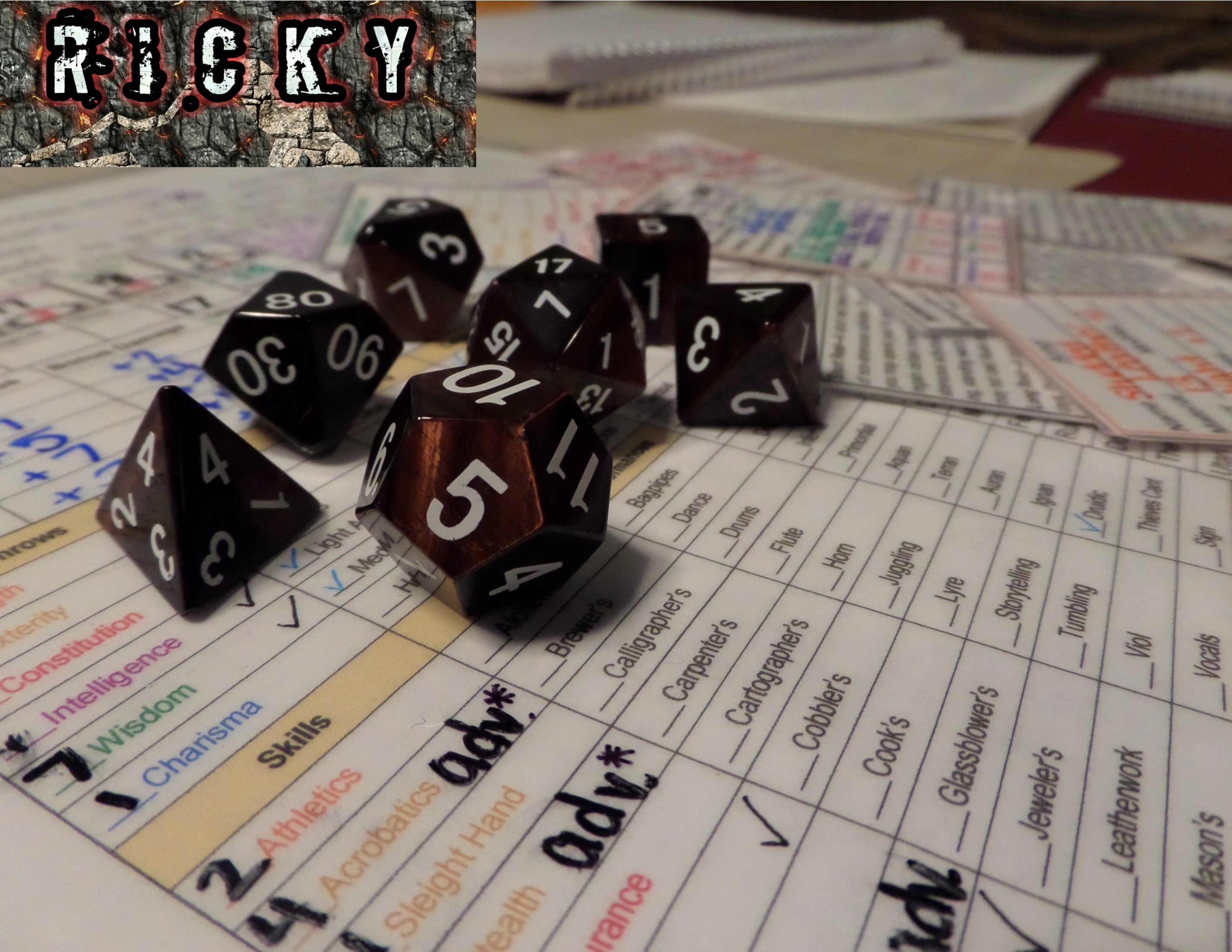So, you need a room description. You don't know exactly what the room will be, but you have a general idea for the feel of the room. Leave blanks and let it fill itself in. This is especially useful if you're running a sandbox game and you don't know where your adventurers are going.
A Little Nervous
You enter the dark room. The windows are mostly blocked with stacks of (Material or good) teetering on top of each other. The whole room smells slightly musty. You hear someone bumbling behind a large oak desk. (Some rooms will have NPCs associated with them). An object falls and catches your eye. It lands softly in a pile of (Something). It was just a (Blank)
This could fill in for most crafts, a thieves den, scribe, clergy, magic shop.
Lush
It's a double door. As you try to open (one or both), you realize you need to put a little extra effort in. The thick plush carpet puts enough resistance on the door to make it difficult. You get it open and get it shut again. Sound from outside instantly dies out. Light cascades from above is that a chandelier, or just a faceted window on the ceiling? This is more than you expected, more than it needs to be.
While that room would never belong to a blacksmith, it might be the quarters of a powerful clergy member, perhaps a noble, a wealthy merchant, or even a corrupt guard. Perhaps it's the back room of a wealthy inn, or the penthouse suit.
Feel free to share any generic room descriptions that you want :)

Tap your players creativity. If I already have a rough idea, but no details I would ask the players to fill the gaps, especially in a sandbox game:
You'd be surprised what great ideas the players come up with.
Downvoting a post can decrease pending rewards and make it less visible. Common reasons:
Submit
Sorry for not getting back to you.
You're right, offering that creativity to players can be fun. I've tried it in my games though and it's done two things. It's slowed the game down as my players tried to think of things, and it took away their suspension of disbelief because the world became collaborative rather than remaining something steadfast.
I've started asking for their descriptions much more during combat as that is a dynamic environment, but most static locations I reserve as my responsibility to describe.
A large part of my game for my players is my organization. I've given them the feeling that no matter where they go or what they do I have something prepared. The world feels like it is alive and independent of them. While at the same time they can see the changes and impact they make upon it.
Downvoting a post can decrease pending rewards and make it less visible. Common reasons:
Submit